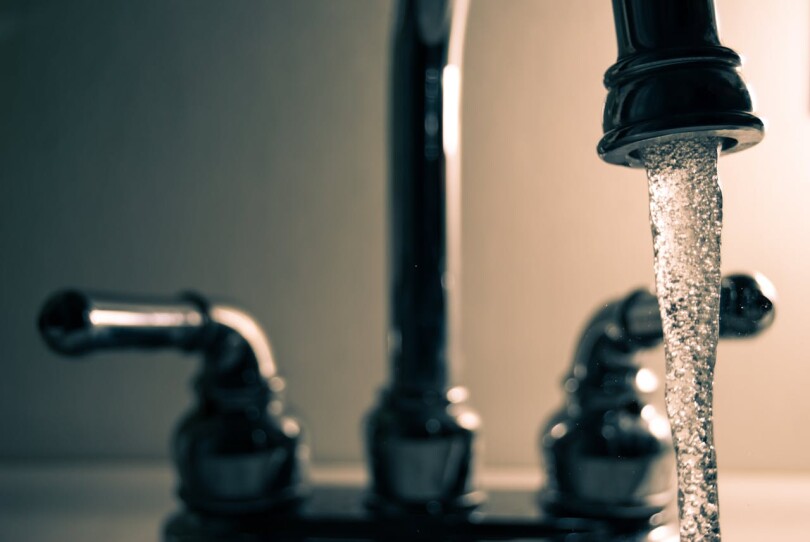Why Is the Gulf Attracting Climate Tech Businesses?
28 Jun 24
Enviro ChatThe Global News Source for the World of Science and Chemicals
17 June 2024
Lab Chat
p>A revolutionary new method of detecting legionella bacteria in water samples has dramatically accelerated the process in Emirati laboratories. The technique, which leverages the power of artificial intelligence (AI) to slash waiting times from two weeks to just two days, has received accreditation from the relevant authorities.
The new ground-breaking new technology is being pioneered by the Dubai Central Laboratory (DCL), which is affiliated with the emirate’s Municipality. It is set to serve as an integral part of the vast network of testing programmes and procedures which are employed to ensure that all food and drink available in the UAE is fit for human consumption.
Traditional methods of detecting Legionella bacteria can take as many as 14 days to produce results. However, the use of AI speeds up the process significantly, shortening it to just 48 hours in the majority of cases. What’s more, it reduces the strain on laboratory resources, freeing up humans to tackle other, more important tasks.
It should not be assumed that this expediency comes at the expense of precision, however. Indeed, the technique is capable of quantifying the exact concentration of Legionella bacteria within a specimen, delivering 99% accuracy in its results. That makes it not only faster and more efficient, but extremely effective, too. As such, it is expected to form a crucial component of the more than 100,000 tests carried out each year by microbiological laboratories in Dubai to ensure safety is paramount in the food and drink industry.
Of course, in order for any new technology to be recognised on either the national or international stage, it must be accredited and authorised by the relevant bodies and organisations. Thankfully, the DCL has received the necessary green lights for their AI Legionella detection method from major international authorities.
For example, the European Water Testing Network has cleared the technique and confirmed it meets its rigorous protocols. Meanwhile, it has also been attributed a certificate of recognition from the Association of Official Agricultural Chemists (AOAC) International, a non-profit scientific association which excels in this field.
Legionella is a specific type of bacteria that thrives in tepid, stagnant water. Since Legionella bacteria cannot survive in temperatures below 20°C and above 60°C, temperature control is the primary method of ensuring Legionella is not present in a water supply. Nevertheless, it remains a common occurrence across much of the developing world, so any improvements to the testing process are to be heartily welcomed.
Upon consumption, Legionella bacteria can cause a number of health complications, some more serious than others. For example, Pontiac fever is a fairly mild illness which produces flu-like symptoms and generally passes. Legionnaires disease, on the other hand, is a severe form of pneumonia contracted by inhaling airborne water droplets and potentially results in death. Smokers, alcoholics and patients with pre-existing pulmonary conditions are particularly susceptible to succumbing to the disease.
DOWNLOAD PDF

2 Day Seminar Program
@ ArabLab+ 2024
24 & 25 September 2024
Your stay in Dubai
Labkit
Product News
Chemkit
Product News
Thinking about exhibiting at ARABLAB 2024? Watch our video to find out more.
Join the world’s leading organisations…
Join our mailing list and receive the ARABLAB newsletter and event updates.